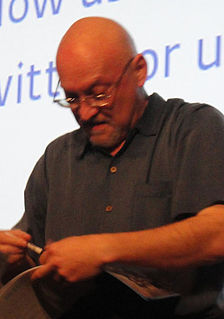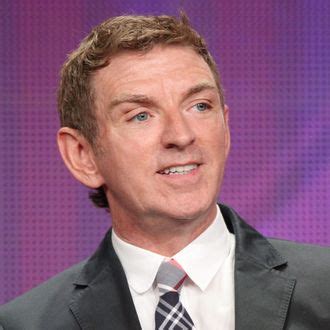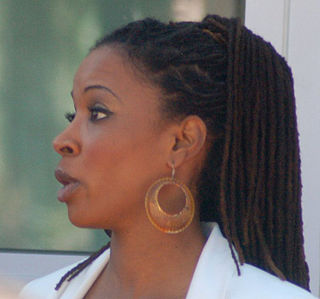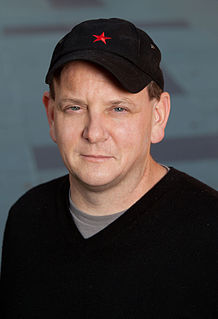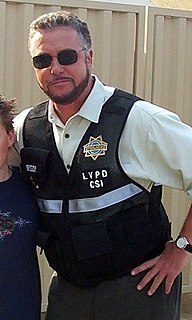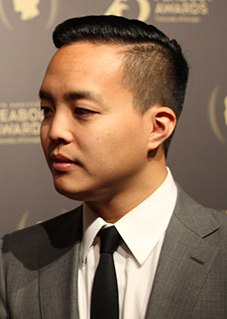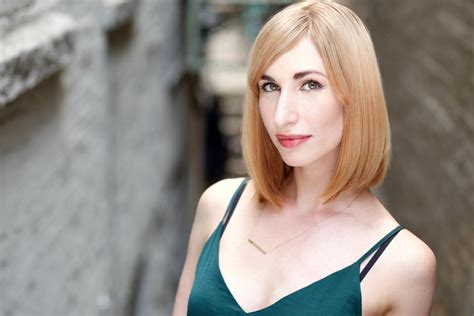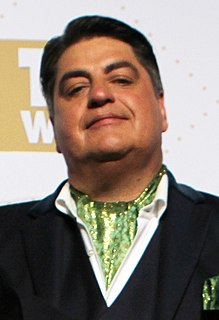A Quote by Eli Roth
When you're making a television show, it's about the story and arc of the show rather than any particular episode or director.
Quote Topics
Related Quotes
I'm still learning. It's all a learning curve. Every time you sit down, with any given episode of any given show, it is a learning curve. You're learning something new about how to tell a story. But then, I've felt that way about everything I've ever done - television, features or whatever. Directing or writing, it always feels like the first day of school to me.
I think at a certain point we a little bit forgot that it was a pot show. I think I said something to Harry [Elfont], around Episode 7 [of mary and Jane], I was like, "We have a pot show. Nobody is smoking any weed." There is literally a shot in the season finale where everybody lights up at the same time. I was like, "I feel like we are not honoring our concept." It just became a show. It became a show about these two girls doing this crazy thing and getting into all these adventures and it was really not about the weed.
It [The Esemblist] is also about the generation of audience members that are watching shows and listening to us at the same time; hopefully, in time, when they listen to our show and then go see a show, they'll realize even more what it takes to make a show, and they'll know even more about everybody on stage, rather than just people above the title of the show.
I am wary of repeating myself too much. In this age of Netflix, as a Netflix show, if you want to go back and watch a season 1 episode, you can do that easily. I'm not interested in repeating the same story beats over and over and over again. But part of the truth of BoJack story is about how much he repeats himself and these patterns that are difficult to get out of. I'm trying not to be evasive about that. I'm not using that as an excuse. I think that's convenient to fall back on as a TV writer: "Oh, it's a show about stagnation."



